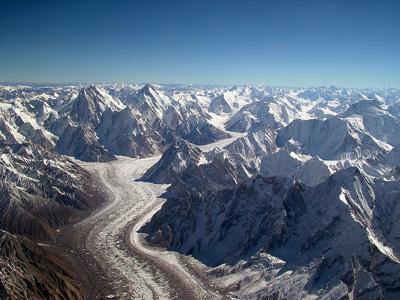FART
by shithead
(new york)
aass
Barry's Response - Two things so far, SH from NY. What's in a typical phart? You might ask.
Nitrogen - 20 to 90%
Hydrogen - up to 50%
Carbon Dioxide 10 to 30% (product of decomposition)
Oxygen up to 10%
Methane up to 10% (product of decomposition)
If there is an odour, it will usually come from any of these sulphur compounds: methanethiol, hydrogen sulfide (rotten egg smell) and dimethyl sulfide.
This video, entitled FART SCIENCE, gives you additional information in a humourous way:
Flatus, also known as flatulence or passing gas, is a scientific study in the field of gastroenterology.
Gases like nitrogen, oxygen, carbon dioxide, methane, and small amounts of other gases make up flatus. It's a normal part of digestion.
Our gastrointestinal tract digests food when we eat it. Byproducts of this process include gases. Gut bacteria can produce gases like hydrogen, carbon dioxide, and methane when they break down carbohydrates and fibers in the large intestine.
Diet, gut microbiota, and individual differences can all affect flatus frequency and odor. Gas production is increased by foods like beans, cabbage, onions, and carbonated beverages. Lactose intolerance, celiac disease, and irritable bowel syndrome (IBS) can also cause too much gas.
The focus of scientific research in this area is understanding the mechanisms of gas production, the effects of different foods on gas production, the role of gut microbiota in gas metabolism, and potential treatments for excessive flatulence.
It's important to be considerate of others in public settings, even though flatus is a natural bodily function. A healthcare professional can provide guidance and advice tailored to your needs if it's excessive or bothersome.
Comments for FART
|
||
|
||
Poo
Poo releases methane which contributes to global warming.
Barry's Response - Around us and all over the world, we have tons and tons of microbes decomposing organic matter and emitting more tons of carbon and methane (which is 25 times more effective than carbon dioxide as a greenhouse gas) into the air every year. Poo is just one example of that natural process.
Decomposition occurs at a faster rate when the ambient temperature increases, but as long as the amount of rotting material stays the same, the total amount of GHG release should neither increase nor decrease. One would simply expect that it would happen faster and be over sooner.
But does the amount change? If the stuff currently trapped under ice becomes free for compost, then the total pool increases. It has happened before and will again repeatedly over the cycles of millions of years.
Another by-product of decomposition is mold, and especially the spores it releases. This can lead to air-quality related illnesses. Read more about them here.
Search this site for more information now.
As a waste product excreted by animals, including humans, feces can be considered organic waste.
It's possible for feces to pollute the environment and pose health risks if they're improperly disposed of or contaminated. In areas with inadequate sanitation infrastructure or bad waste management, this is especially important.
Feces can be a nutrient source for the environment. Natural ecosystems use animal feces to cycle nutrients and provide organic matter. Natural fertilizers like animal manure are sometimes used in agriculture.
When feces aren't handled properly or treated, they can contaminate water, spread diseases, and cause other health problems. In order to prevent fecal pollution and protect public health, we need proper sanitation systems, waste management practices, and regulations.
Comments for Poo
|
||
|
||
Do you have concerns about air pollution in your area??
Perhaps modelling air pollution will provide the answers to your question.
That is what I do on a full-time basis. Find out if it is necessary for your project.
Have your Say...
on the StuffintheAir facebook page
Other topics listed in these guides:
The Stuff-in-the-Air Site Map
And,
Thank you to my research and writing assistants, ChatGPT and WordTune, as well as Wombo and others for the images.
GPT-4, OpenAI's large-scale language generation model (and others provided by Google and Meta), helped generate this text. As soon as draft language is generated, the author reviews, edits, and revises it to their own liking and is responsible for the content.




